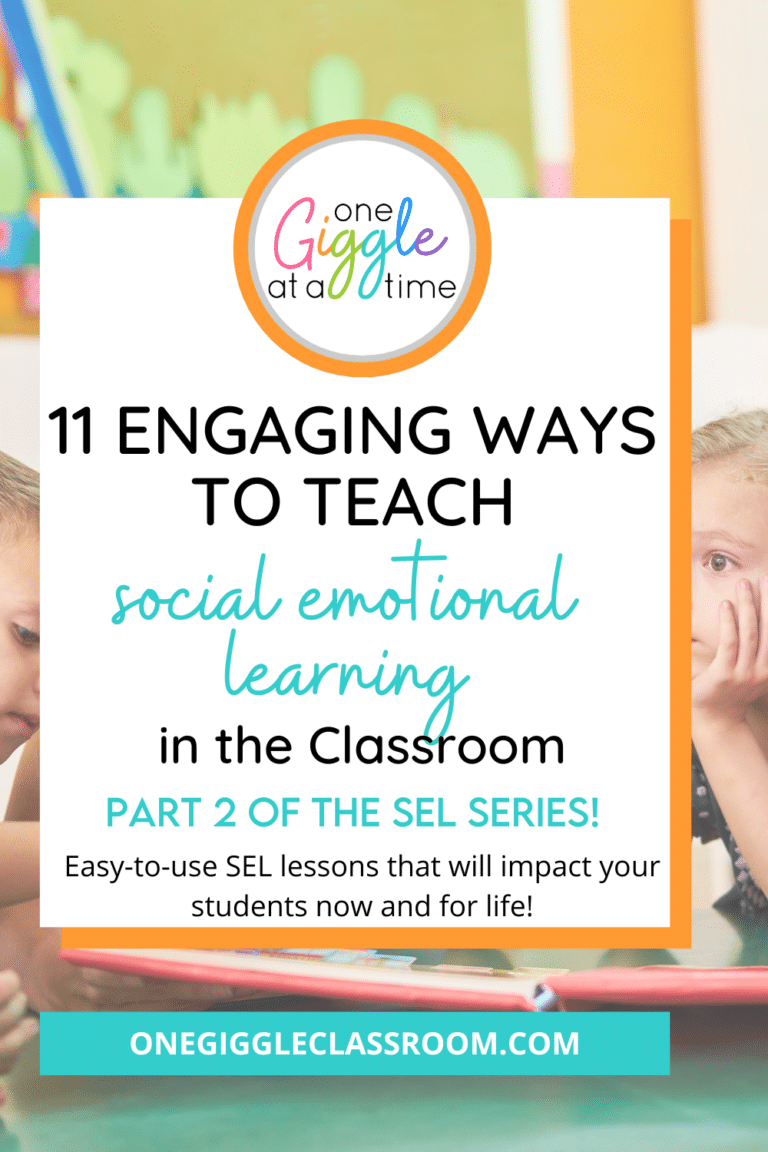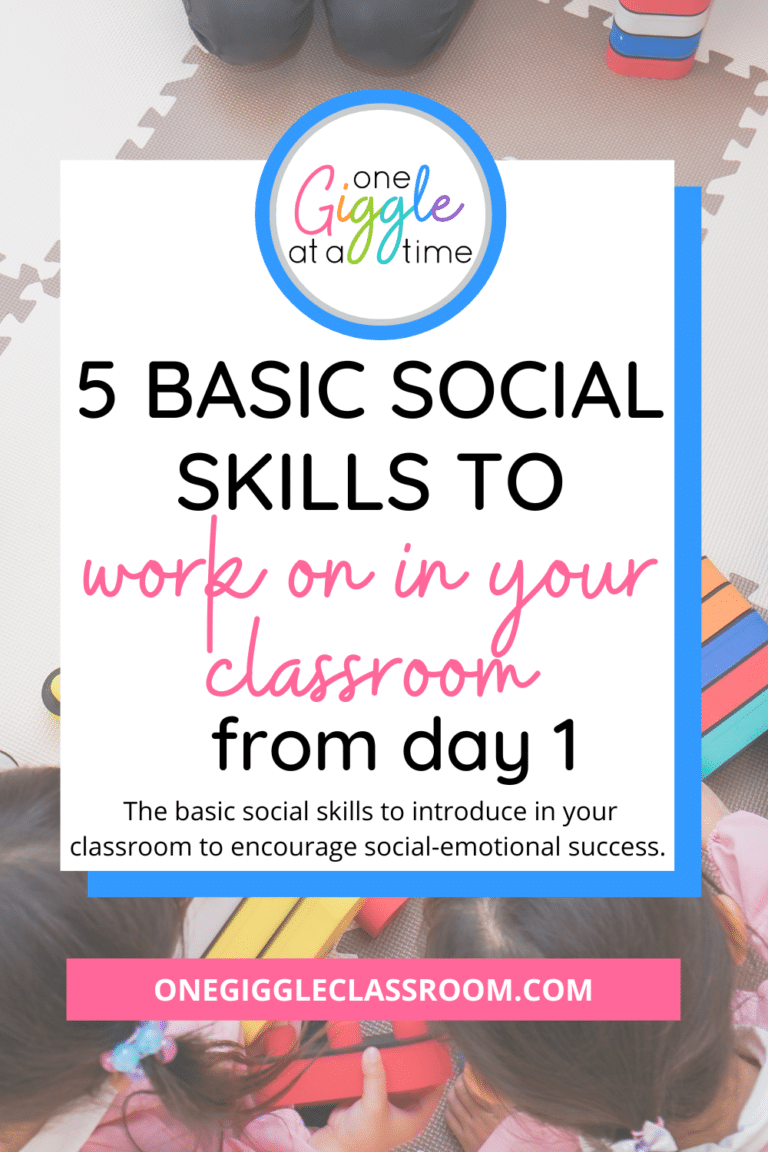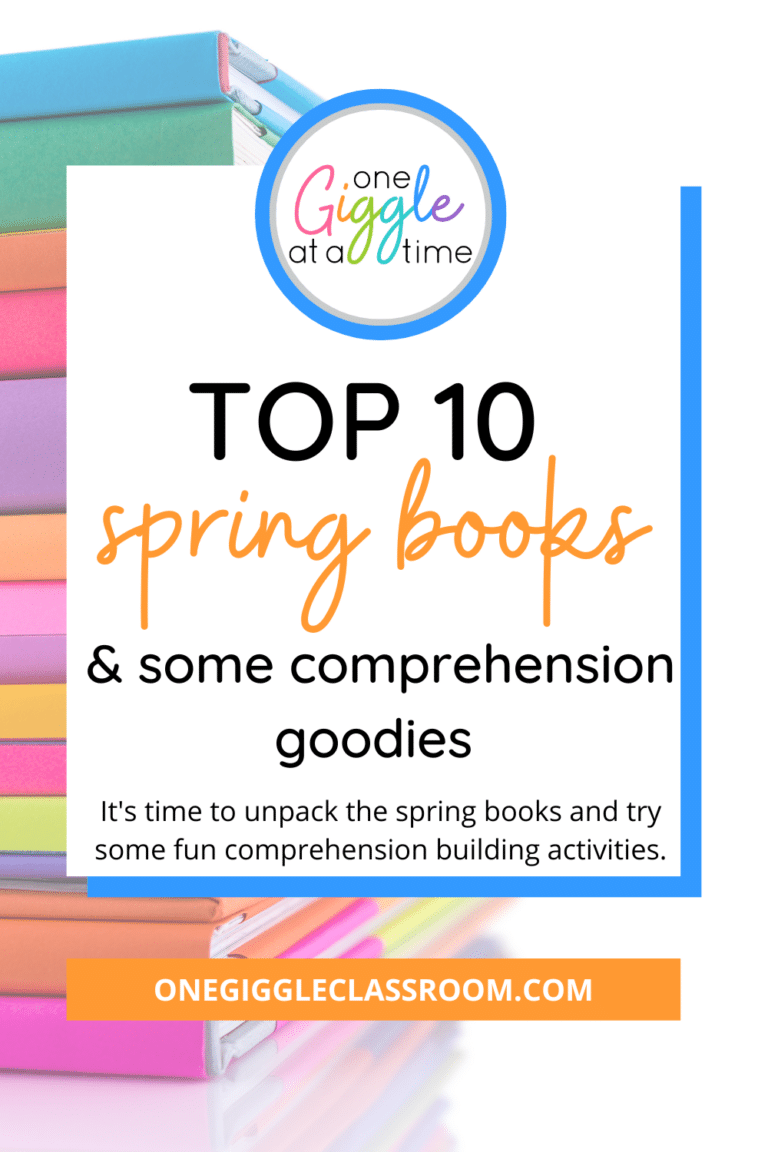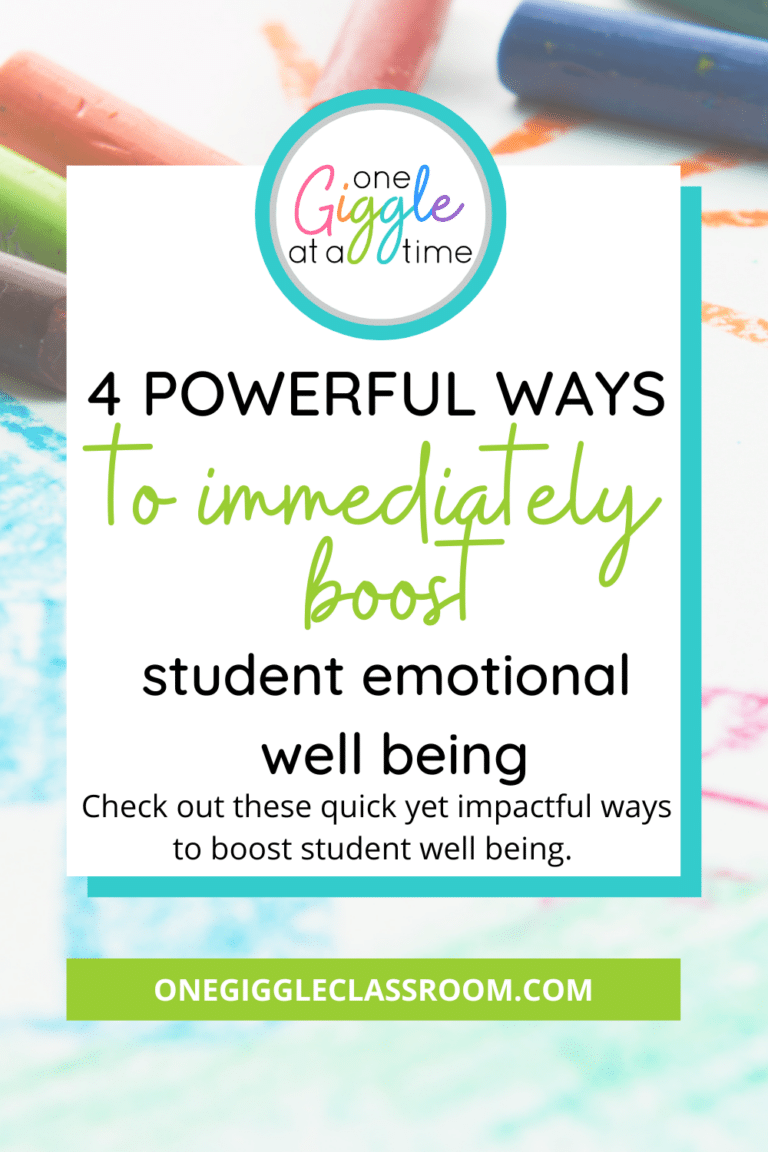
How to Plan for the First Day of School: 5 Top Tips to Consider BEFORE the First Day
Share This:

Welcome to the First Day of School series, part 1! The first day of school sets the tone for the entire school year, and you want to plan for the first day of school well. Knowing what to do on this special day can feel a little daunting, but I’m here to share several tried and true tips you can use to have a successful first day of school this year!
Step one– decide what to do BEFORE the first day of school…
Why is the First Day of School So Important?
The first day of school is essential to creating a positive classroom environment and community with your students.

This special day allows opportunities to:
- Build relationships between students and yourself
- Set clear expectations for classroom rules and procedures
- Introduce important social skills
- Create a space where all students know they belong and are eager to learn
You’re laying the foundation for a great school year with your students, so you need to get ready for this momentous day!
5 Top Tips to Consider BEFORE the First Day of School
To have a successful start, you will need to do some prep work BEFORE the first day of school arrives.
Consider the following:
- Curriculum
- Classroom prep
- Lesson plans
- Classroom procedures and rules
- Getting to know your students (& their families!)
1. Familiarize Yourself with New Curriculum
Give yourself time to familiarize yourself with any new curriculum– or any curriculum that is new to you!
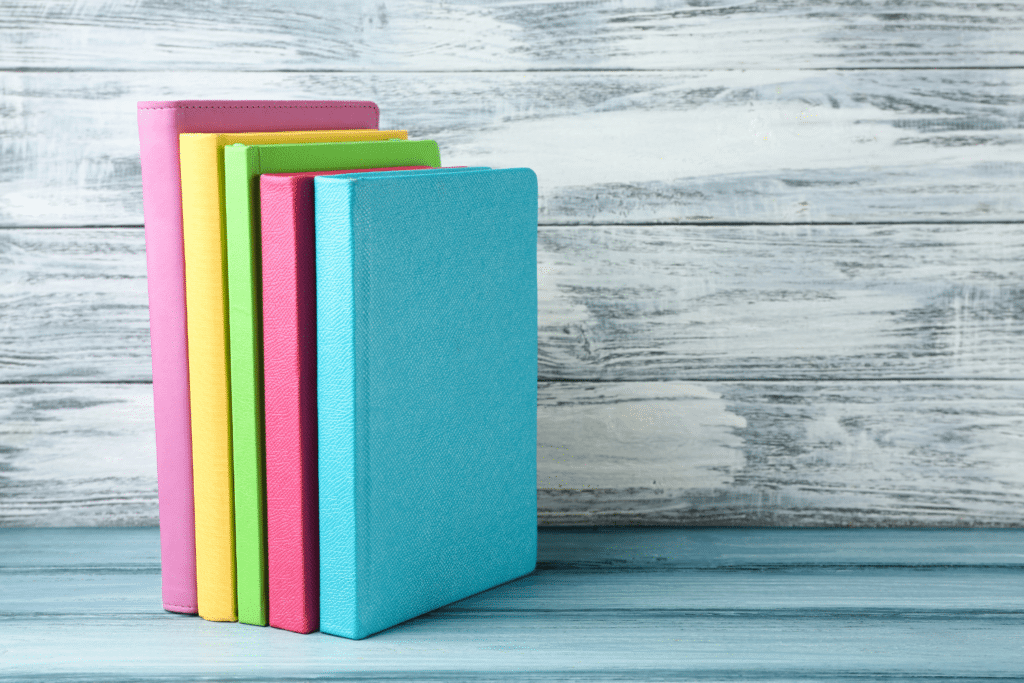
Understanding the content and structure of the curriculum you are teaching will help you feel more confident and prepared.
2. Prepare Your Classroom
Next (and maybe the most fun part!)… prep your classroom!

Remember, every inch of every space does NOT need to be covered before your students walk in. Sometimes, less is more!
Intentionally leave spaces to add things together with your students. As they help you decorate the room with their activities and special projects, they will begin to take some ownership of the classroom– THEIR classroom!
*Don’t forget to designate room to store your students’ school supplies too! Thirty boxes of tissues take up a LOT more space than you realize.
3. Create Lesson Plans to Plan for the First Day of School
Before the first day of school, create tentative lesson plans for the entire first week of school. You’ll have unexpected things come up right before the first day and as you go throughout the week, so not having to worry about your general plan for the week will be a HUGE help!
Less is more during the first week of school! Your main goal for the first week should be all about building relationships and establishing positive social skills.
*For more specifics on planning for the First Day of School, check out part 2 of the First Day series!
Lesson Plans for the Year
It’s also helpful to create a general overview for the entire year. This doesn’t need to be quite as detailed as your lesson plans for the first week of school, but it will provide great guidance and ensure nothing is forgotten.
Add tentative topics, lessons, and units to monthly calendar pages. Even if you’re a digital teacher, opt to print calendars and use a pencil for easy editing as you go.
Check out this FREE curriculum planning calendar to get started!
4. Think Through Your Classroom Routines, Procedures, and Rules
Next, think through important classroom routines and procedures and the mechanics of your days.
What will be your pencil sharpening procedure?
How will you want students to sign in for lunch?
What do you want recess time to look like?
Being prepared to teach procedures and routines on the very first day of school will help establish strong classroom management and a positive learning environment for you and your students.
This Back to School Routines & Procedures Social Skills Resource includes everything you need to set clear expectations for a variety of school routines including:
- Cafeteria
- Hallway
- Recess
- Bathroom
- Riding the bus
- Walking to school
- Taking care of books
Remember, you must give students clear expectations before you can expect them to understand what exactly you are looking for!
Display Classroom Routines & Rules
Once you’ve determined which classroom routines and rules you will emphasize to your students on the first day of school, display them around your classroom!
Visual reminders will help your students recall what is expected of them, increase student ownership, and improve time management!
5. Familiarize Yourself with Your Students (& Their Families!)
Finally, invest time getting to know the students who will soon be joining your class family.
Make special note if any of your students have food allergies, guardianship issues, or require special services.
If so, touch base with the appropriate staff members involved, such as:
- Special education teachers
- Speech-language pathologist
- School nurse
- School counselor
Make your first connection with students and their families to introduce yourself. You can do this with a short phone call, a letter sent home, or even a home visit if your school district supports that idea!
*If you choose to send a letter home, use this editable Welcome to My Class letter to help your students get to know a little bit about yourself before the school year begins.
Also, think about how you will sustain communication with families throughout the school year. Think about what ways have been successful for you in recent years. Be flexible and note what works best as you get to know your students and their families.
Consider more ideas to make students and families feel welcome this school year too!

*If you’re wondering what to do on the First Day of School, check out Part 2 in the First Day of School series!
The first day of school is a special opportunity for you to set a positive tone for the entire year. By planning ahead and focusing on relationship building, you can create a welcoming and organized environment that helps students feel comfortable and ready to learn! I’m cheering you on and just know you’ve got a successful first day of school ahead!
Let me know if you have any questions about anything you see here. Don’t forget to pin this post to refer to it later!

Other posts you may enjoy:
Most Important Classroom Routines and Procedures: What to Teach and How to Teach It
10 Tips For A Successful Morning Routine To Reduce Chaos In the Elementary Classroom
How To Successfully Prepare Your Child For A Smooth Transition To Kindergarten
KEEP HALLWAY BEHAVIOR ON TRACK WITH THIS
Free Secret Walker Kit
Monitoring hallway behavior has never been so easy and so motivating!
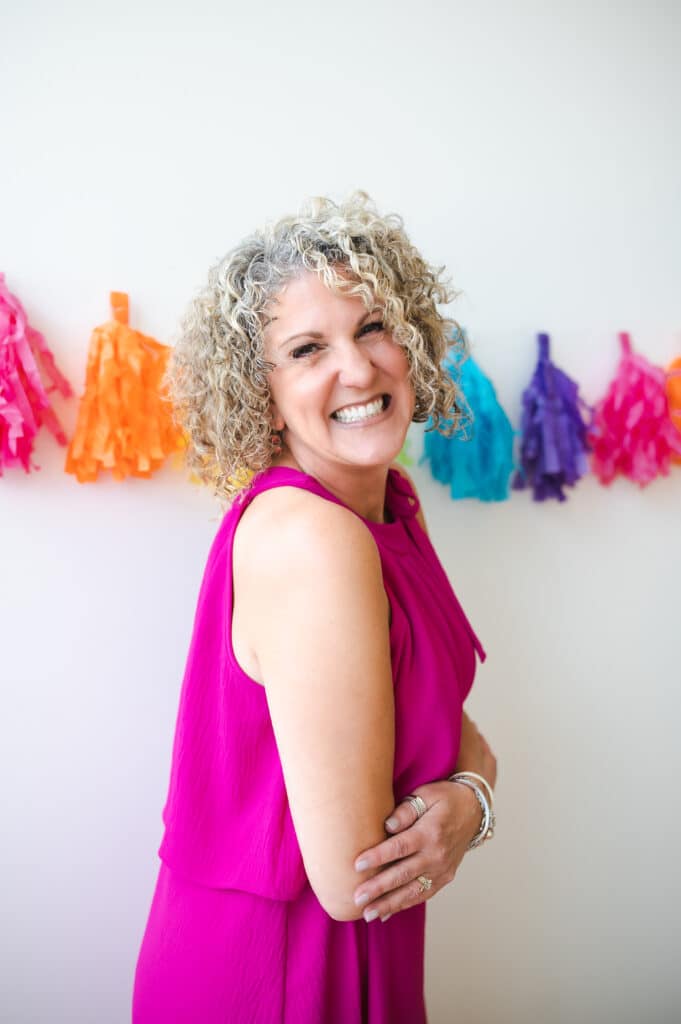

Diane Romo
Thank you for being here! I love sharing ideas with other teachers! If you are looking to enhance your teaching and build a positive classroom community, you have come to the right place!


















